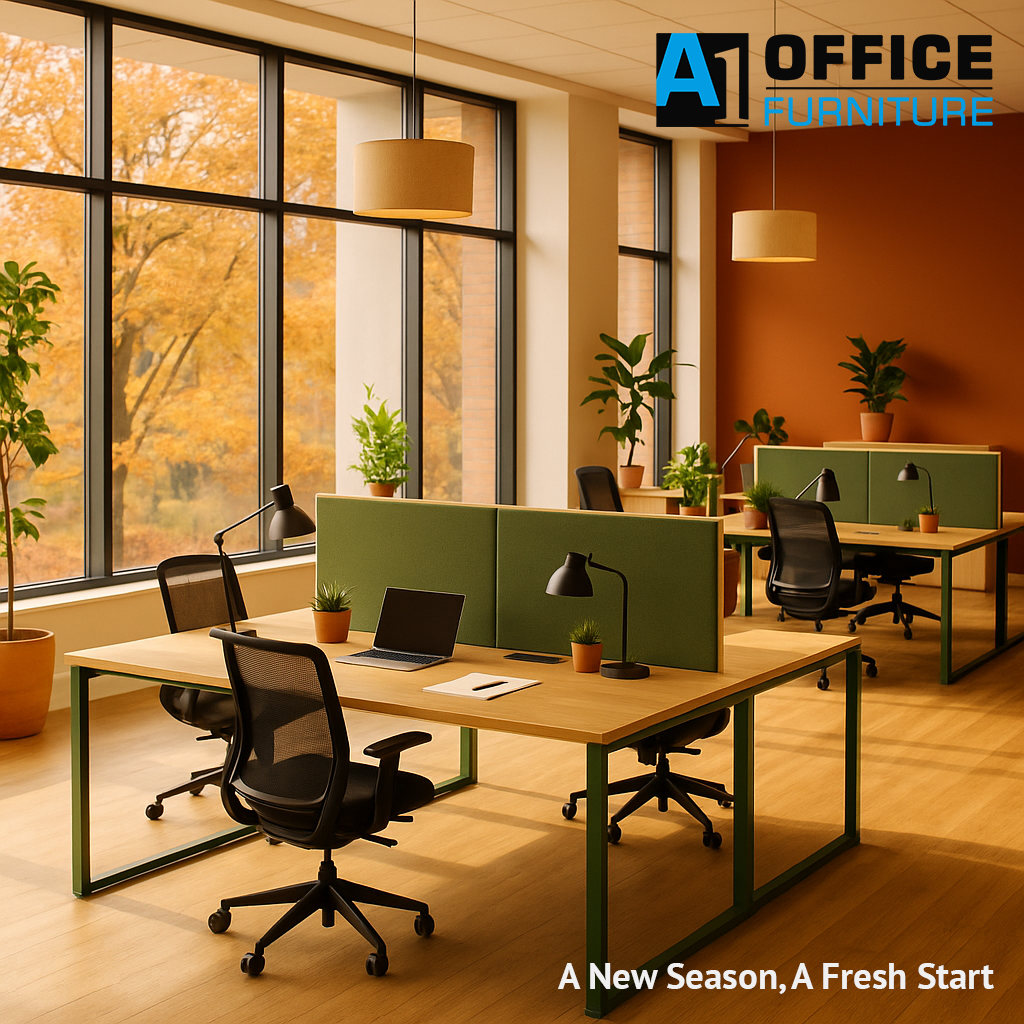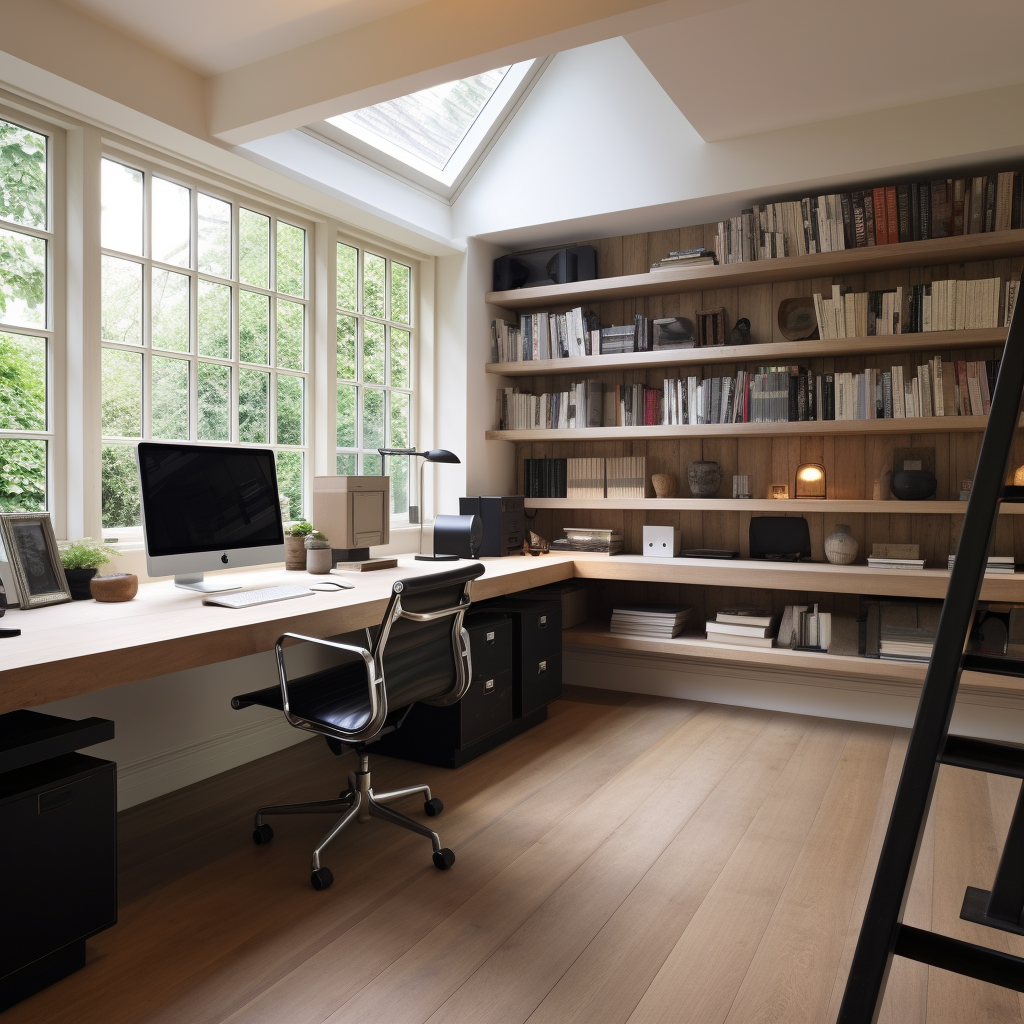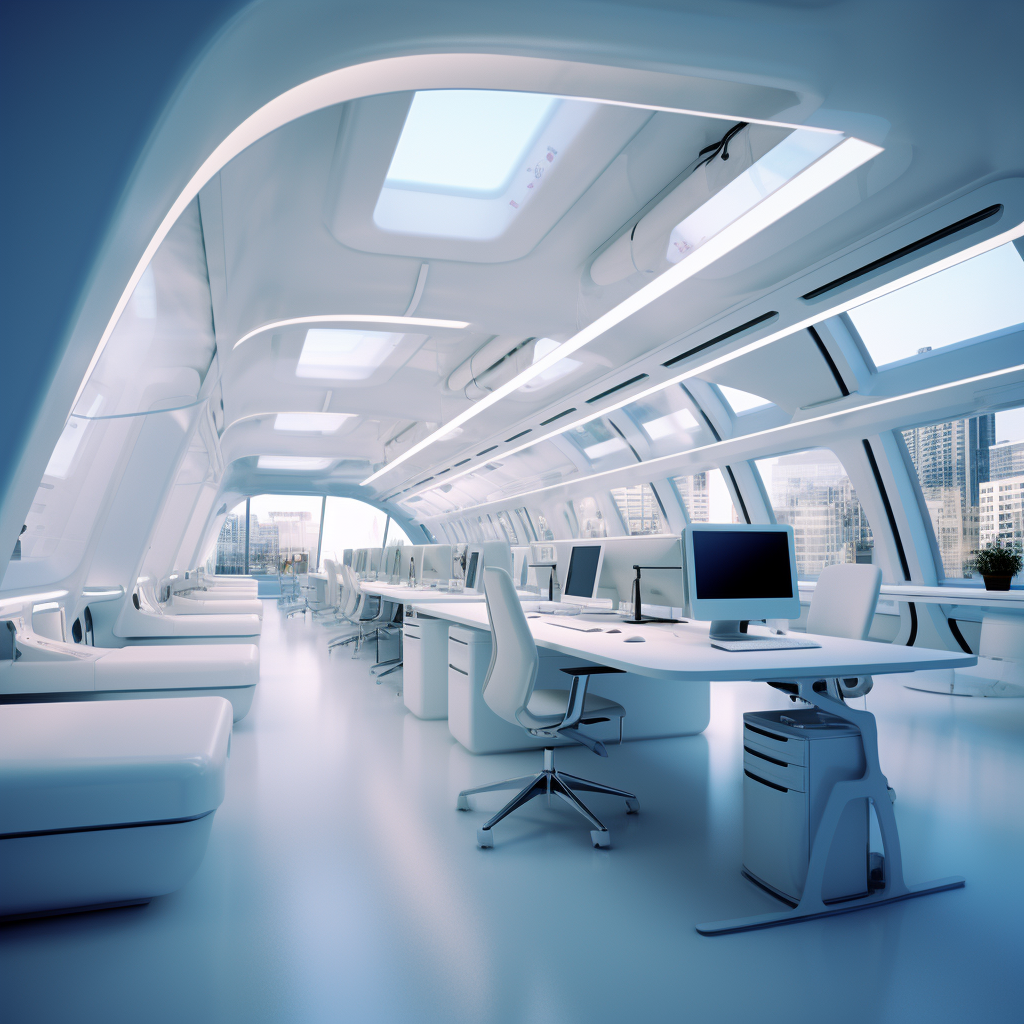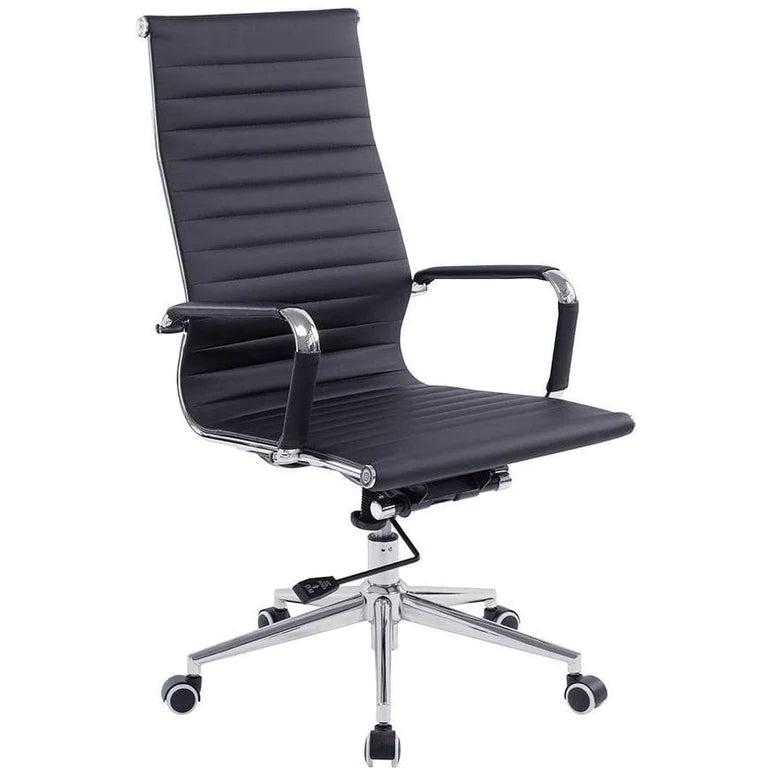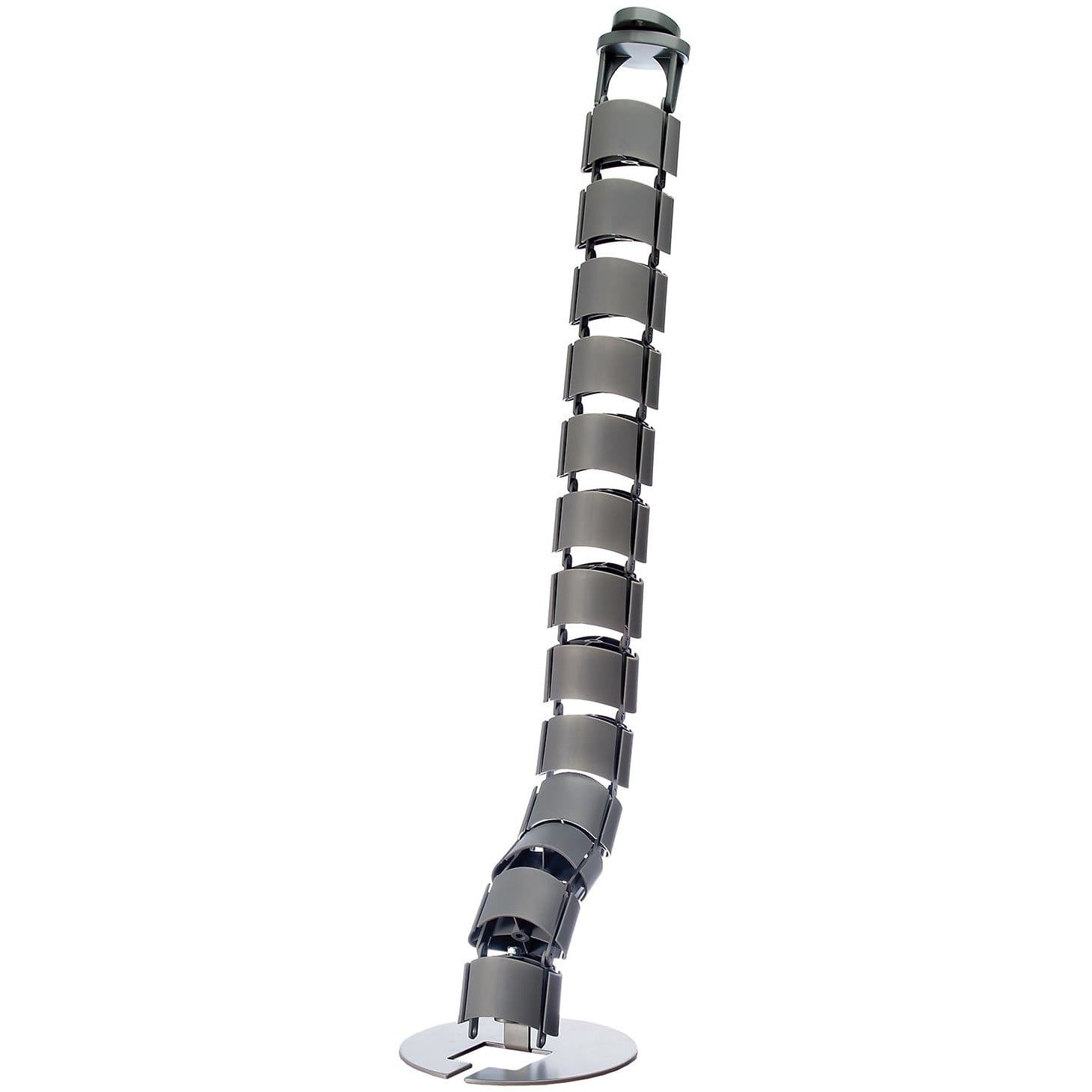
What are Office Desks For?

Every workspace, whether traditional or modern, has one piece of furniture that is indispensable – the office desk. It's the core, the central station, around which the rest of the office space orbits. But have you ever stopped and wondered what exactly office desks are for? Are they merely elevated flat surfaces for our computers and paperwork? Or do they serve a greater purpose in facilitating our work?
The Evolution of the Office Desk
To fully comprehend the purpose of an office desk, we must first take a journey back to its origins. From the monastic desks of the Middle Ages to the vast, expansive cubicles of the late 20th century, the evolution of the office desk is closely intertwined with the changing landscape of work itself.
Monastic desks were built for the laborious work of manuscript transcription. They were grand, heavy structures designed for endurance, reflecting the monumental nature of the tasks undertaken. As we moved into the age of commerce, the 19th-century clerk's desk emerged, reflecting the growing importance of paperwork and record-keeping in a rapidly industrializing world. These were smaller and more portable, allowing for the better utilization of the burgeoning office space.
The 20th century saw further evolution with the introduction of the open office layout, typewriter desks, and later, the cubicle farm — a setup designed for privacy and increased concentration. The modern office desk of the 21st century is a sleek, minimalist structure designed for the digital age. Yet, in every iteration, the fundamental purpose of the office desk remains the same: to provide a dedicated space for work.
The Office Desk: A Functional Perspective
From a functional perspective, office desks provide a clear, delineated workspace. They are meant to accommodate the tools necessary for the tasks at hand, such as computers, stationery, and documents. The surface of the desk becomes an organized space where workers can comfortably perform their duties.
Cable management features are also essential, helping to maintain order and prevent a chaotic jumble of wires. Drawers and cubbies offer storage solutions for necessary paperwork and office supplies. The goal is to create an area where everything needed for work is within easy reach, reducing unnecessary movements and saving time.
Desks can also be adapted to the user's needs, considering the type of work they perform. For example, drafting tables provide a sloped surface for architects and designers, while standing desks offer a healthier alternative to traditional sitting desks, mitigating the effects of prolonged sitting.
The Office Desk: A Psychological Perspective
Office desks also serve a psychological purpose. They provide a sense of personal space and ownership, often reflecting the personality and work style of the user. People decorate their desks with photos, plants, and personal mementos, transforming the workspace into a more comfortable and familiar environment.
The desk also acts as a boundary, a sort of 'psychological bubble.' This is particularly relevant in open office layouts, where desks help to delineate personal space and create a semblance of privacy in a crowded environment.
Additionally, the organization of one's desk can influence their mental state and productivity. A clutter-free desk can lead to a clearer mind, while a disorganized desk can often reflect and contribute to feelings of being overwhelmed. Therefore, the office desk plays a critical role in maintaining mental well-being at work.
Office Desks as Status Symbols
Throughout history, office desks have also served as status symbols. A larger, more ornately designed desk often signifies a higher rank within the organizational hierarchy. Executives frequently have more substantial desks, sometimes made of high-quality materials like mahogany or oak.
Even in the modern era, where the trend is towards more egalitarian workspaces, this symbolism persists. Corner offices with expansive desks still carry a certain prestige. This reflects the role of the office desk not just as a functional piece of furniture, but also as a symbol of power and status.
The Office Desk in the Age of Remote Work
With the rise of remote work, the concept of the office desk is being reimagined. Home offices are now commonplace, and the office desk has evolved to fit this new context. The home office desk now doubles as a personal workspace and a professional one, often needing to adapt to limited space and the demands of the home environment. Yet, it remains a critical space for work, a testament to the enduring significance of the office desk.
Conclusion
So, what are office desks for? They are not just functional pieces of furniture. They are a crucial part of the work ecosystem that facilitates productivity, provides a sense of ownership, reflects status, and influences psychological well-being. From the monastic desks of the Middle Ages to the ergonomic, multi-functional workstations of today, the office desk continues to evolve in response to our changing work needs and environments. They are, in essence, a tangible symbol of the work we do and the space we need to accomplish it effectively.
Despite the transformation of workplaces and workstyles, the office desk remains a constant, adaptable companion that anchors us in our work, helping us navigate the complexities of our professional lives.


